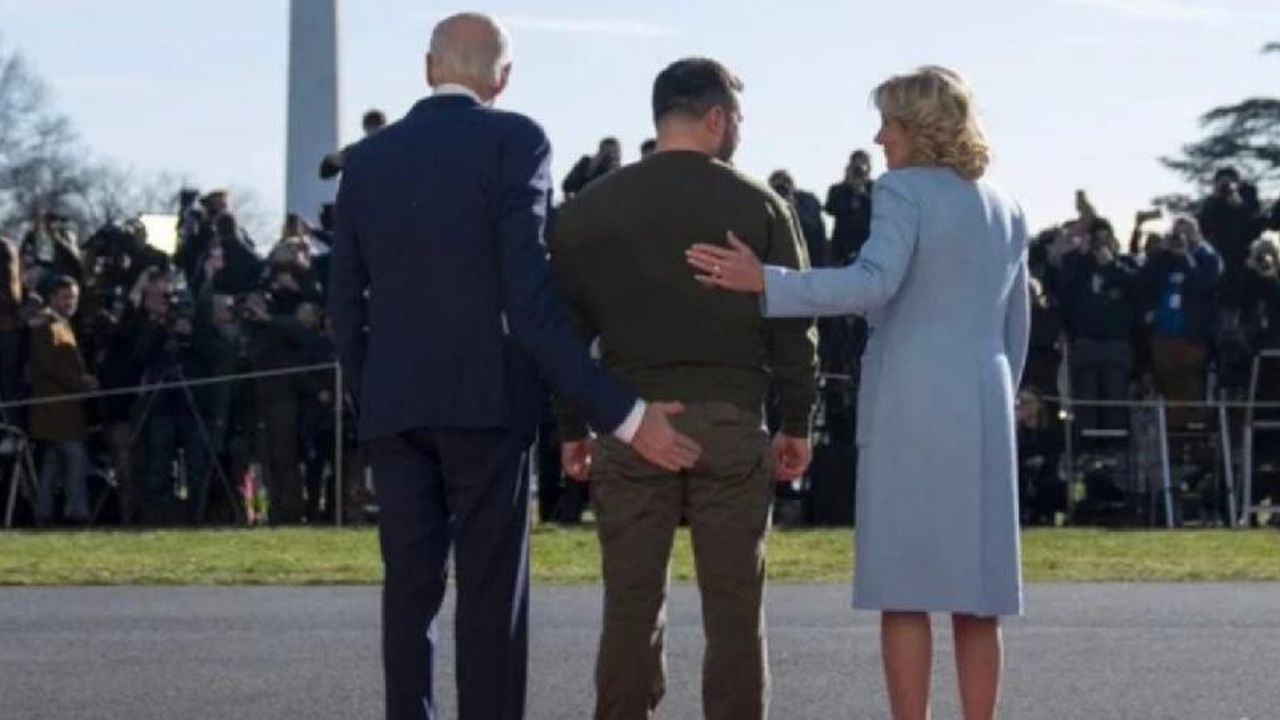The President was initially slated to visit the affected areas to oversee and expedite federal assistance and recovery operations. This trip was highly anticipated by local officials and residents, who hoped for direct federal intervention and resources to aid in the recovery process. The cancellation has raised concerns among local leaders about the pace and efficiency of the ongoing recovery efforts.
Hurricane Beryl's Impact
Hurricane Beryl struck the Texas coast with ferocity, bringing heavy rainfall, strong winds, and causing severe flooding in various regions. The storm's impact was particularly severe in the Houston metropolitan area, where infrastructure and power lines were significantly damaged. In the aftermath, nearly 3 million residents were left without power, prompting a massive response from state and federal agencies to restore essential services and provide relief to those affected.
The Federal Emergency Management Agency (FEMA) has been actively involved in the recovery efforts, coordinating with state and local authorities to ensure that resources and assistance reach the most affected areas. President Biden's visit was expected to provide additional impetus to these efforts, highlighting the federal government's commitment to supporting Texas during this challenging time.
Reasons for the Cancellation
While specific reasons for the cancellation of President Biden's trip have not been officially disclosed, it is understood that the decision was made in light of logistical and security concerns. The President's itinerary often involves significant coordination and resources, which could potentially divert attention and resources away from the critical recovery operations on the ground. By canceling the trip, the administration aims to allow local and federal agencies to focus entirely on the recovery efforts without the added burden of a high-profile visit.
Federal Response and Local Concerns
Despite the cancellation, the Biden administration has reiterated its commitment to supporting Texas in its recovery from Hurricane Beryl. In a statement, White House officials emphasized that federal aid and resources will continue to flow to the affected regions, with FEMA and other agencies working around the clock to provide necessary support.
Local officials, while understanding the reasons behind the cancellation, have expressed a mix of disappointment and determination. Houston Mayor John Whitmire and Harris County Judge Lina Hidalgo have both emphasized the need for continued federal support and the importance of maintaining momentum in the recovery efforts. They have called for expedited assistance and clear communication channels between federal and local authorities to ensure that the needs of the affected communities are met promptly and efficiently.
Looking Ahead
As Texas grapples with the aftermath of Hurricane Beryl, the focus remains on rebuilding and restoring normalcy to the lives of the affected residents. The federal government's involvement is crucial in this process, providing the necessary resources and expertise to tackle the widespread damage caused by the storm. While President Biden's physical presence in Houston might be postponed, the commitment to supporting Texas through this crisis remains steadfast.
In the coming weeks, the effectiveness of the recovery efforts will depend on the collaboration between federal, state, and local agencies, and the resilience of the Texas communities. As the region works towards recovery, the lessons learned from this disaster will undoubtedly shape future responses to similar natural calamities, ensuring that the preparedness and response mechanisms are robust and capable of mitigating the impacts of such events.
The road to recovery is long, but with sustained effort and support, Texas will emerge stronger, ready to face any future challenges with renewed vigor and resilience.















